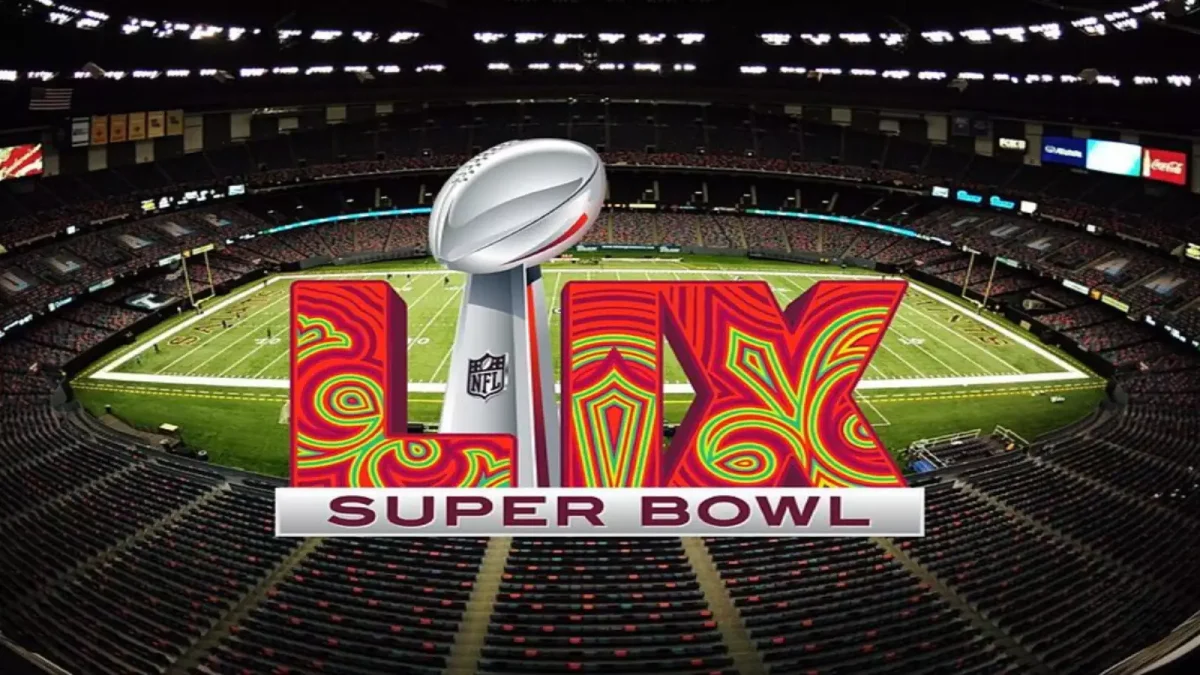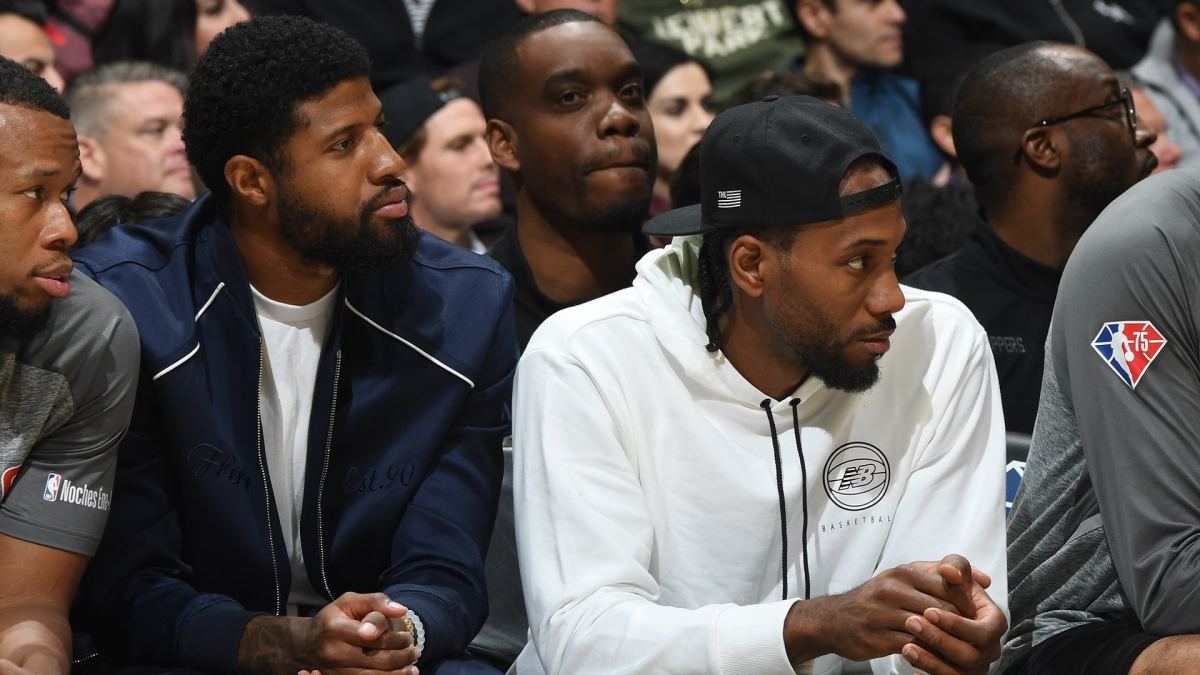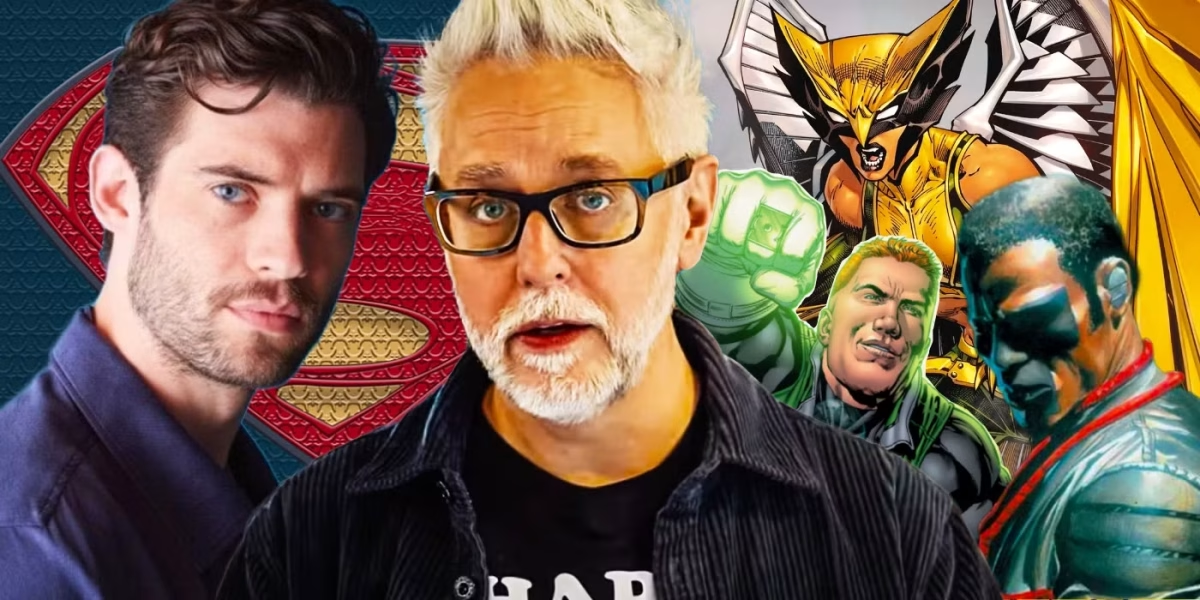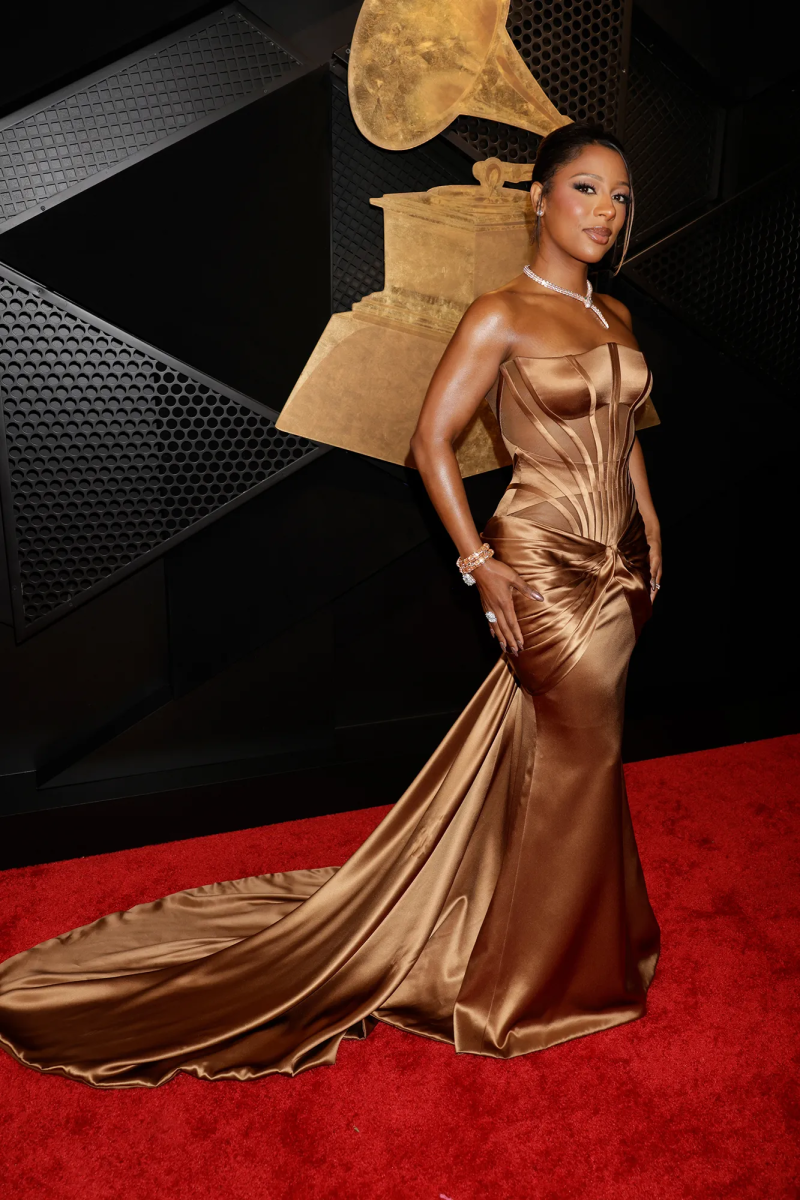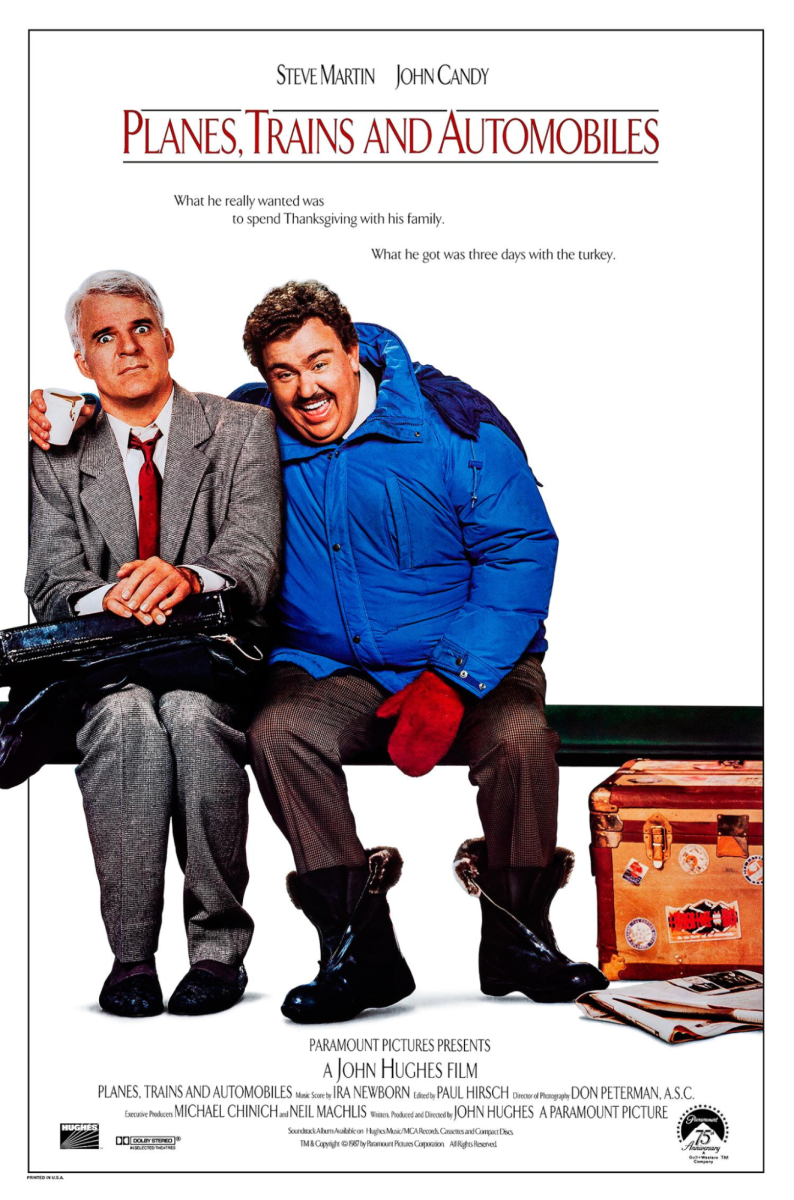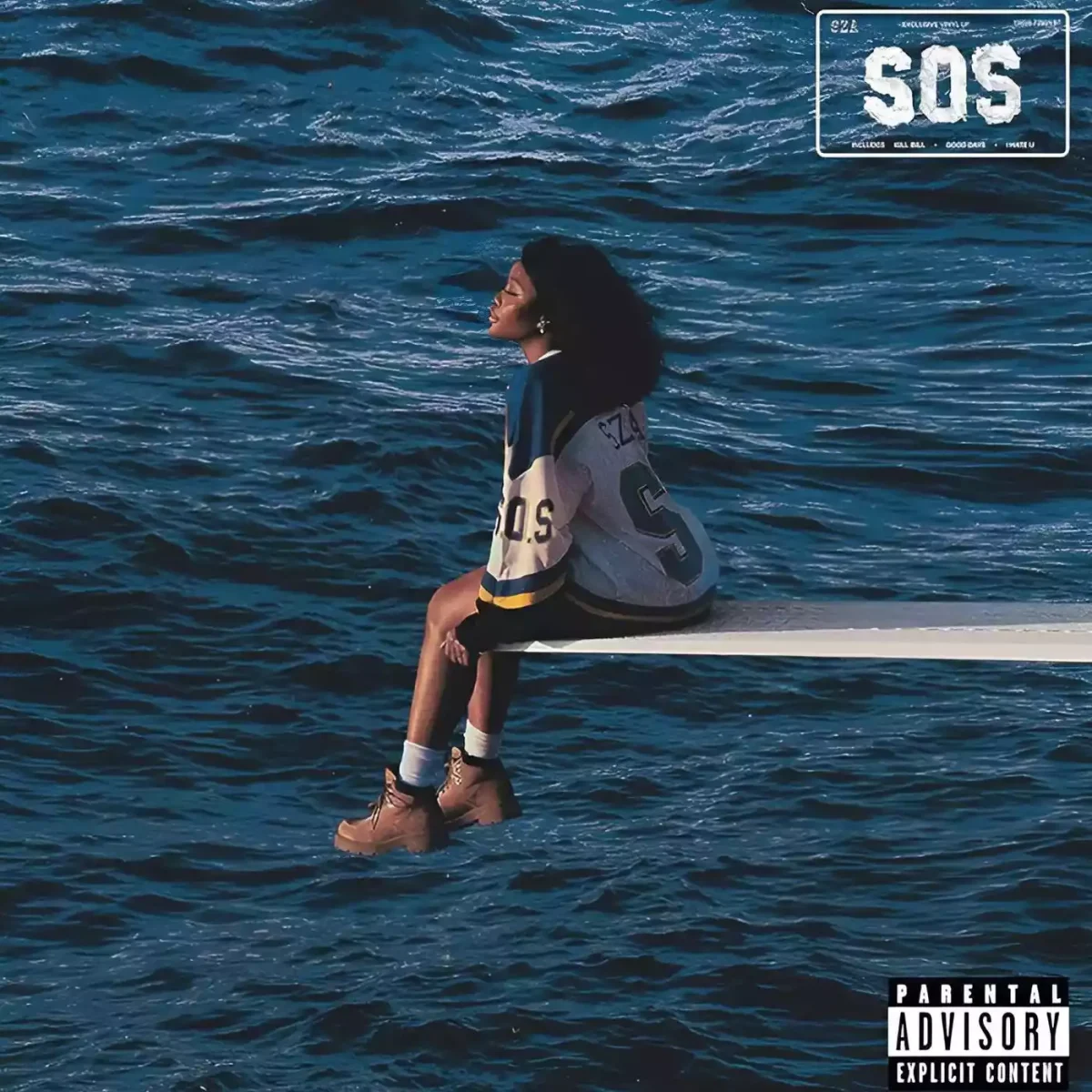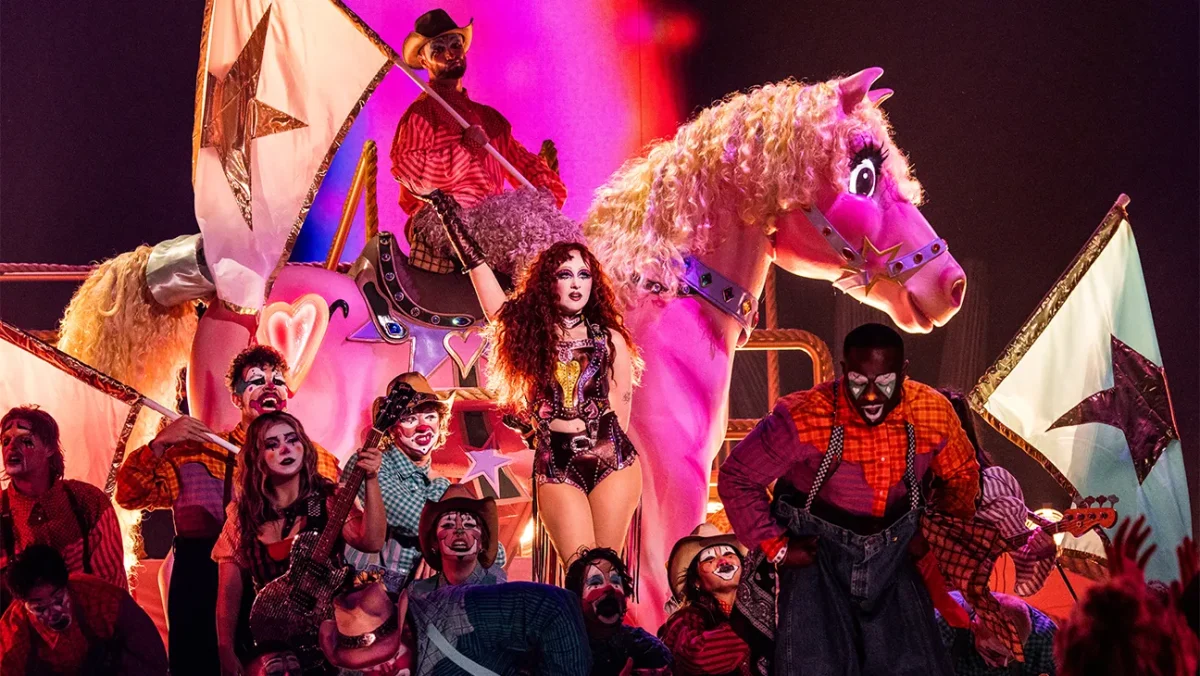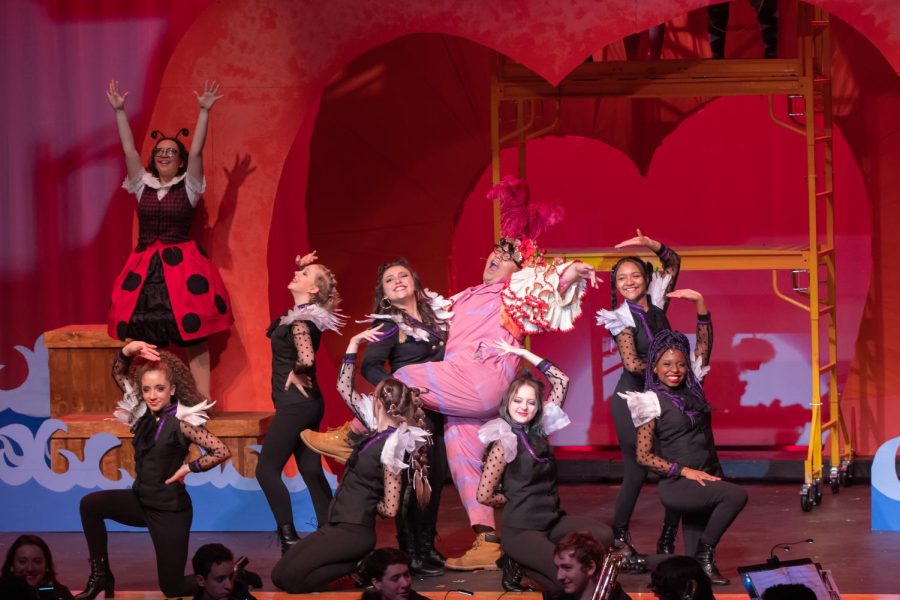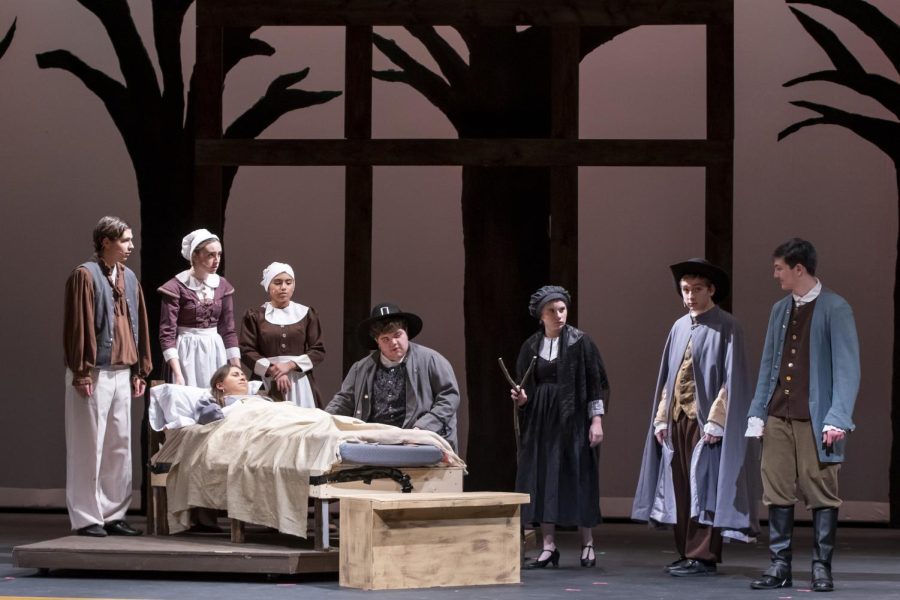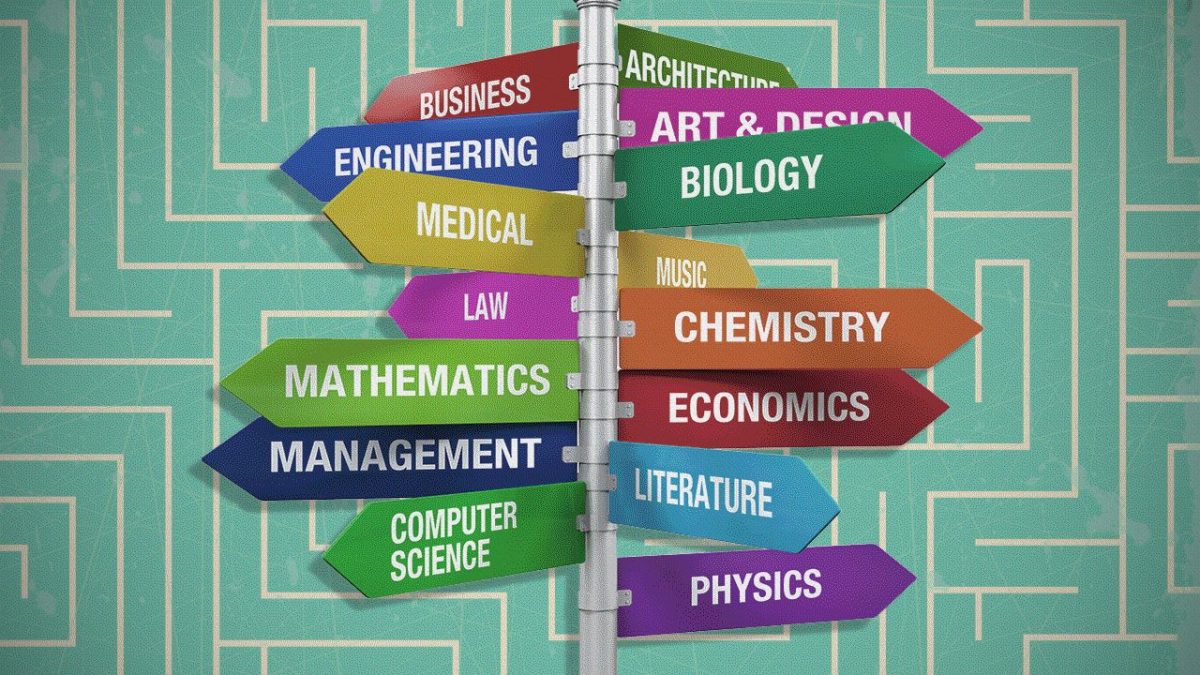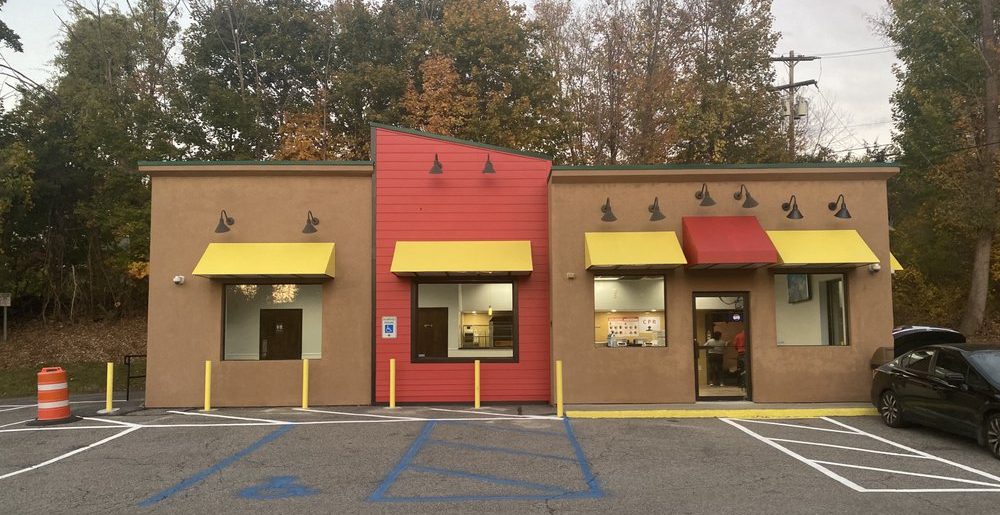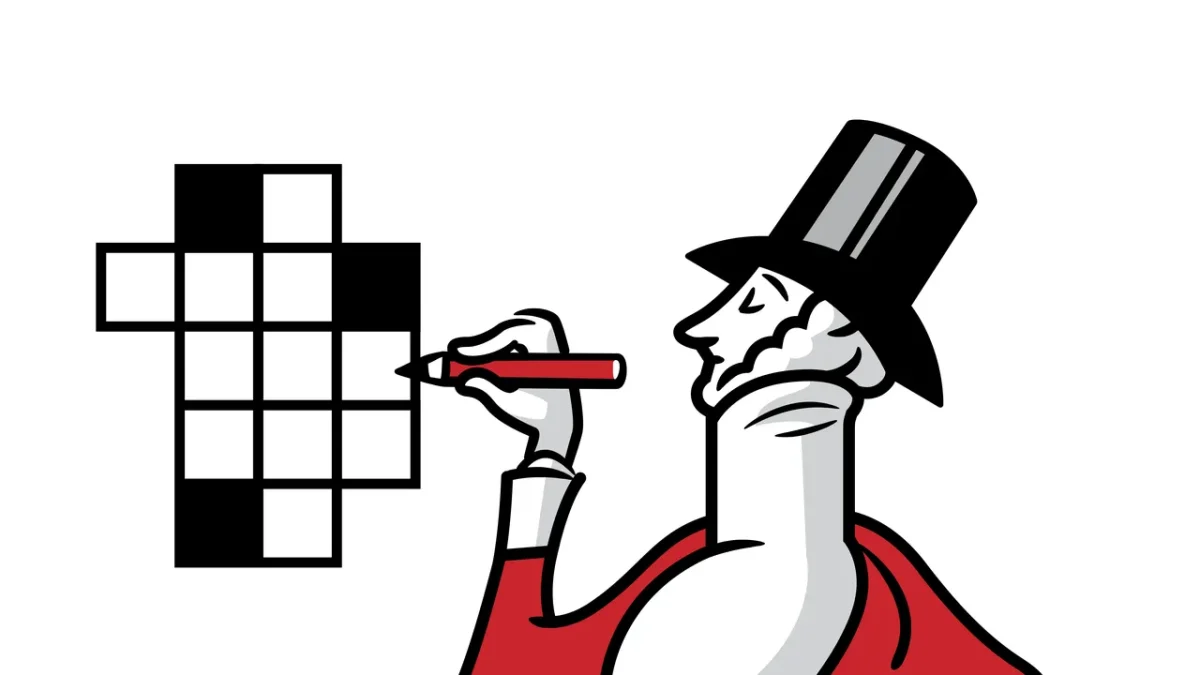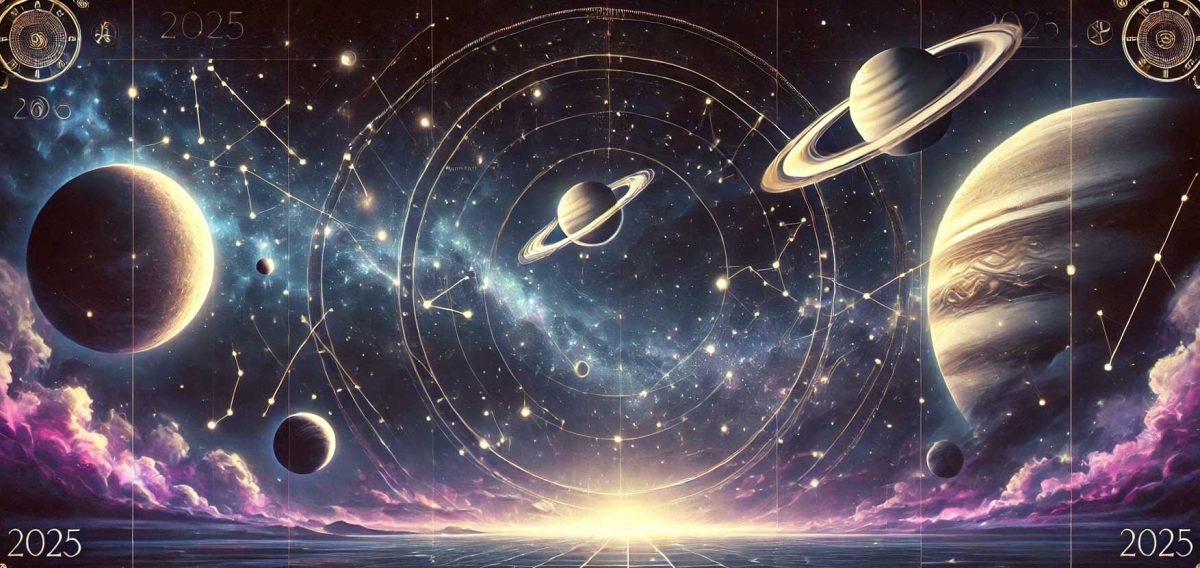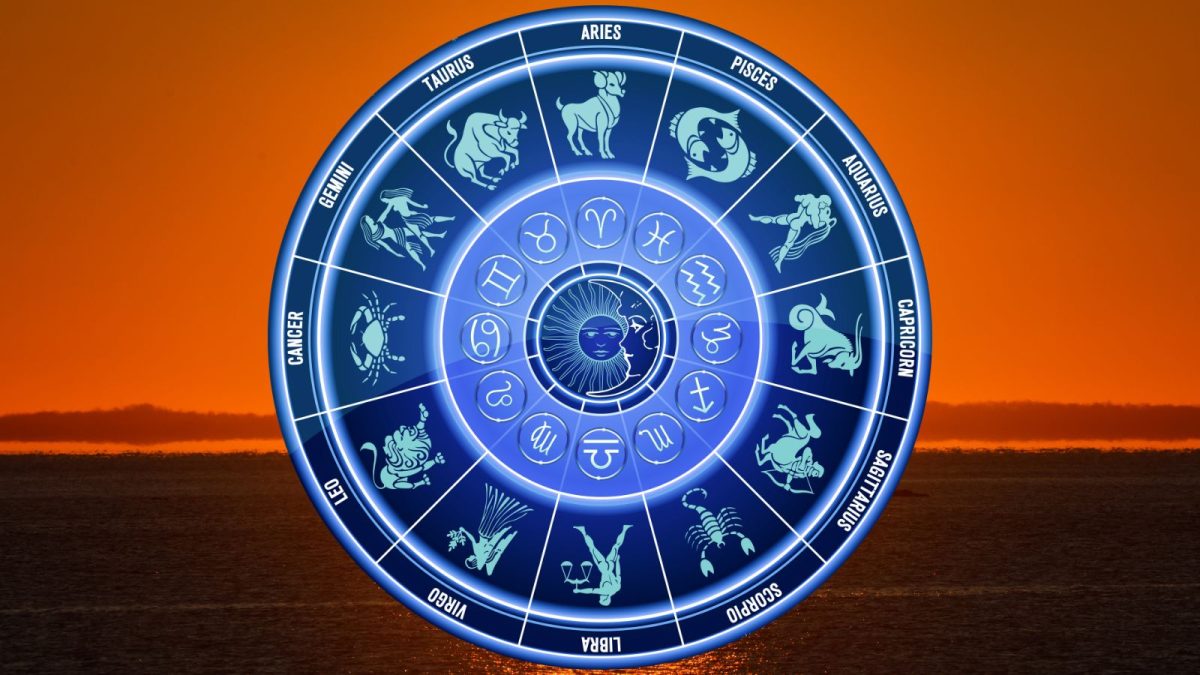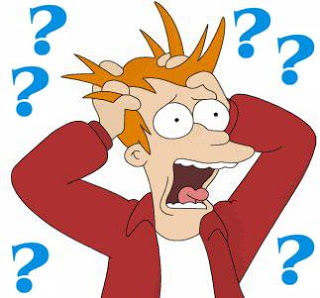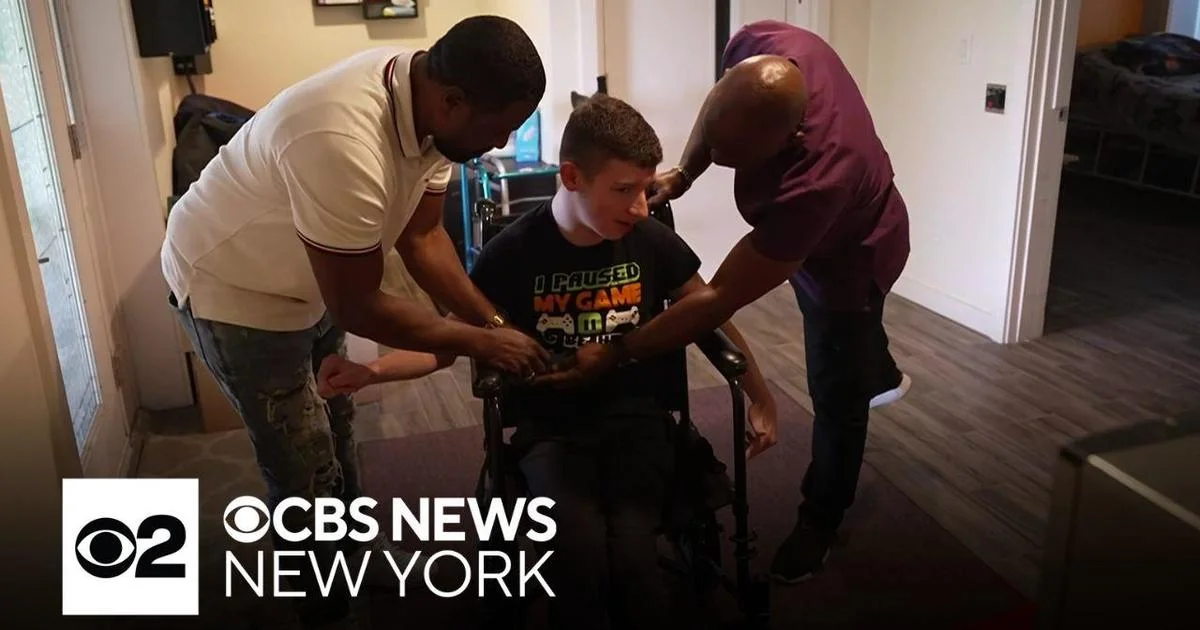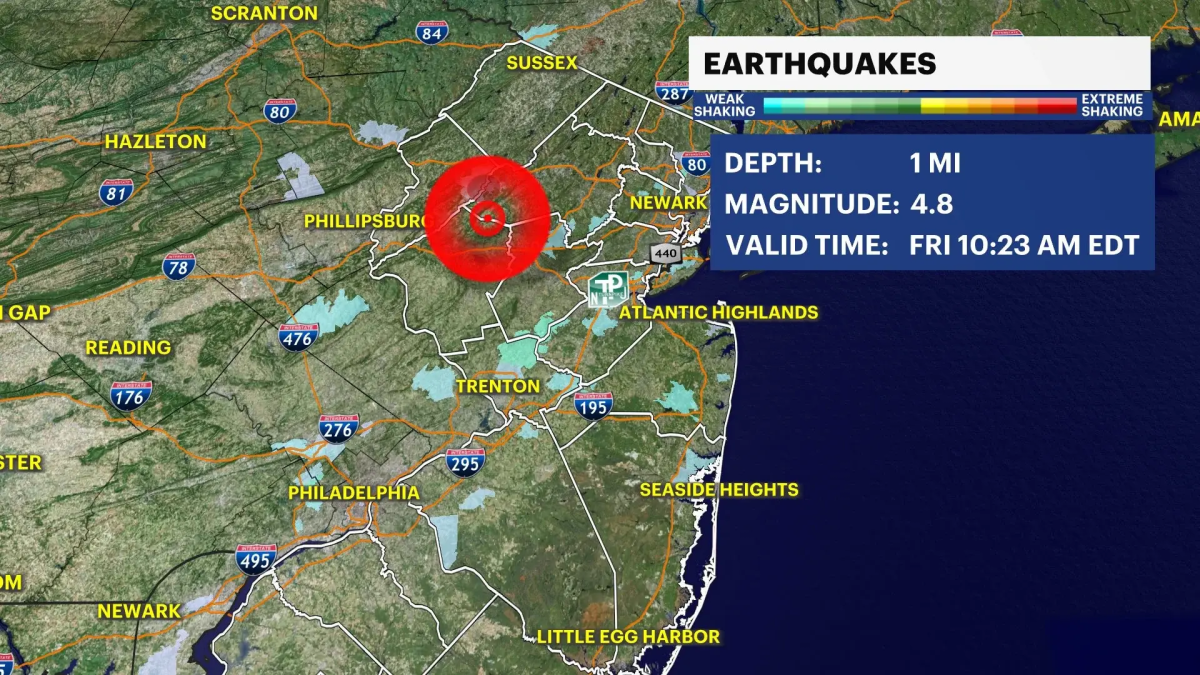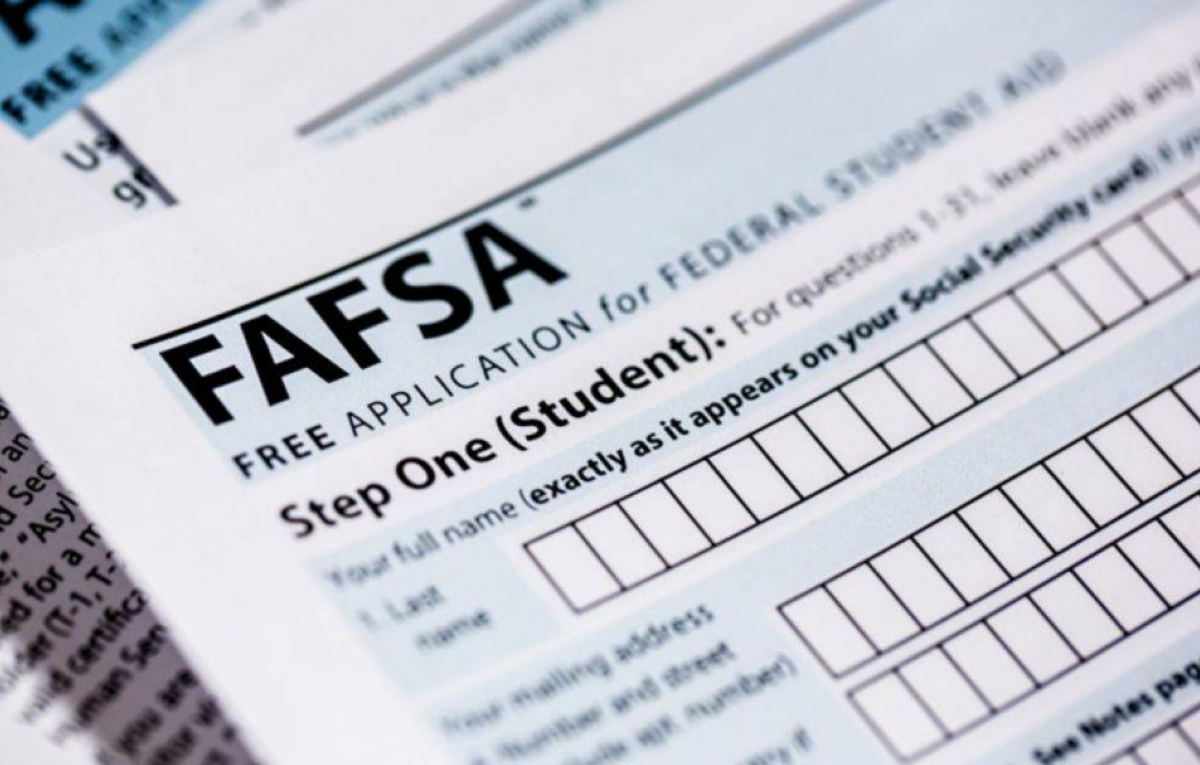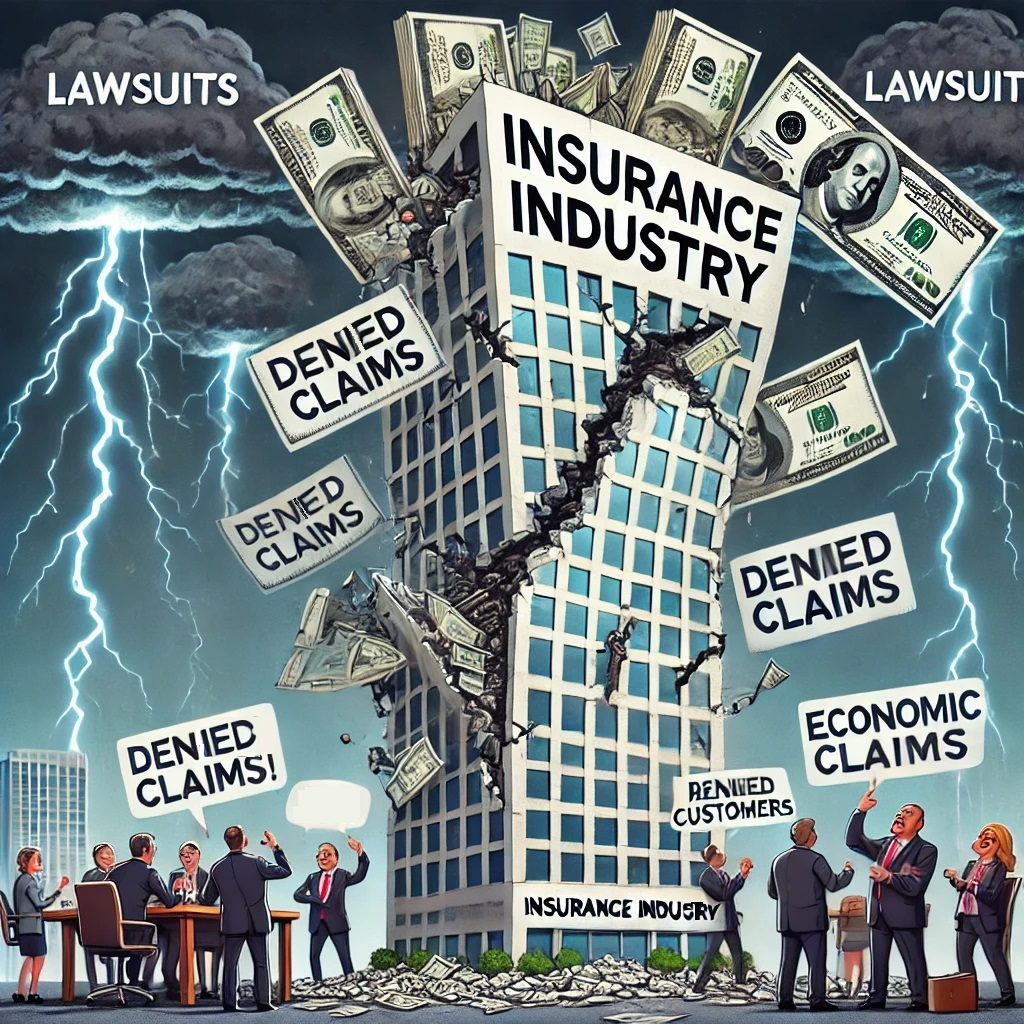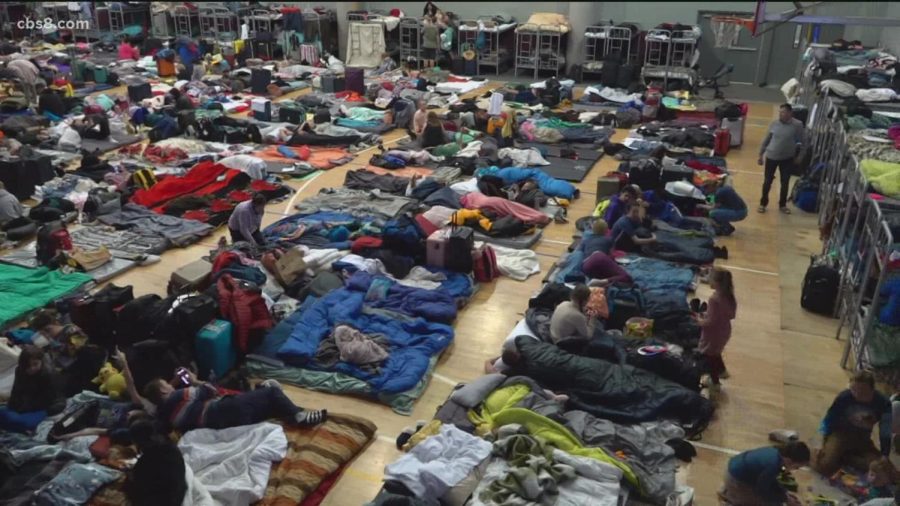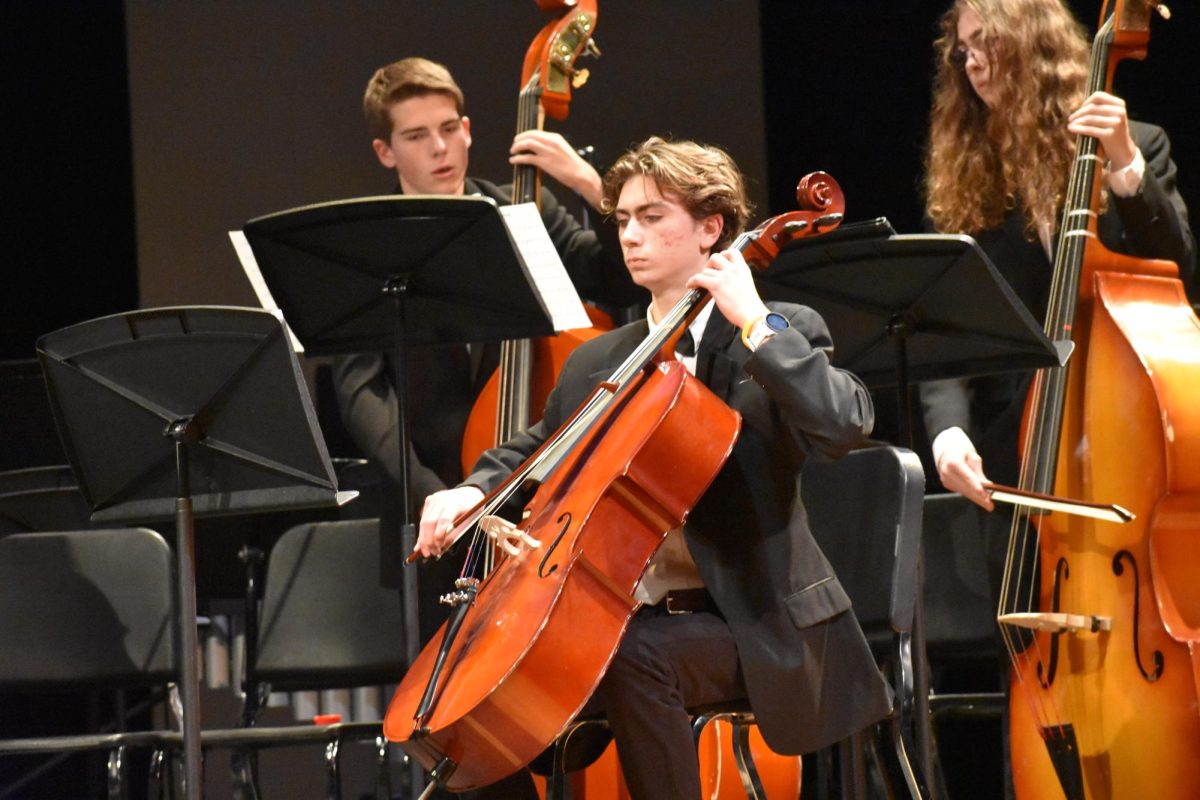As our current election season comes and goes, it is key to understand the importance of civic engagement, the checks and balances that control our government, and what exactly the President (alongside other elected officials), do for our nation and local communities. For this editorial piece, we find it most important to focus specifically on the role of the President, and how the current election should be interpreted on a grander scale.
Firstly, it is important to understand how our system of checks and balances operate, and how elected officials operate in the context of our government. Checks and balances, in short, allows for the 3 branches (the Legislative, Executive, and Judicial) of the U.S. government to regulate the power of one another, so that one branch does not assume complete control over government operations. For example, when the President nominates someone for an open position on the Supreme Court (the highest court in the United States, consisting of nine members who serve until retirement or death), the Senate votes to confirm the placement of the nominee on the Supreme Court. This is to ensure that the executive branch, whose power lies primarily on the elected President, is not able to exert too much power over the nation’s government and policy as a whole. As a result, there is no singular individual that possesses complete control over our nation’s policy. Instead, it is the hundreds of members of the Senate, Congress, Supreme Court, Executive Branch, in cooperation (and in opposition) with one another that naturally drives the system of the American government.
But what does this mean for our next president?
It means that the President and Executive Branch have their own unique tasks in order to maintain our nation’s governmental health and strength. The Executive Branch primarily does such by enforcing executive orders. Executive orders are enforced by the President, making it the most direct assertion of power at the federal level. As such, they are primarily meant to serve the policy agenda of the current cabinet, which is the main platform in which the President operates. For example, when Barack Obama was in office as President, he joined the Paris Agreement, which primarily sought to reduce the amount of greenhouse gases and emissions by nations such as the United States. When Donald Trump entered office, however, it was against his cabinet’s policy agenda to continue being a part of the Paris Agreement. This was due to its potential limit on American economic growth, therefore justifying his use of executive power to withdraw. After Donald Trump’s presidency, when President Biden entered office, a notable part of his campaign was in regards to combating climate change. He accordingly reinstated the United States’ involvement in the Paris Agreement in order to effectively meet his cabinet’s goals.
Although the president is able to change the stances of our nation’s policy on certain issues, the power vested in the position is not entire, nor permanent. Instead, it is the role of the numerous government officials at the national level which change the ways our nation operates as a whole.
But what does this mean for us?
Primarily, this signifies the necessity of the American citizens to think critically about how political agendas are represented through the media. The great polarization created by the media and campaigns of officials running for office is, inherently, polarized. Much of the political rhetoric one sees on social media, the news, and other sources of information (especially when backed by an opposing political campaign) is intentionally dramatized, essentially creating a “worst case scenario” in order to sway your vote. The fright in which political media is able to perpetuate is imposed upon those who consume it. Logically, such emotions lead to heightened tensions, personal clashes, and community dividing arguments. Instead of letting such feelings associated with political discourse win over your mind, recognize that knowledge is power. Learn about the systems which uphold our government. Be open to understanding new perspectives. Most importantly, understand that our nation, working under democracy, allows for the United States of America as a whole to remain afloat.
With our system of government, we are able to ensure that no singular individual, president or not, is able to assert complete control over the government. No matter the result of the election, we will be able to witness a peaceful transition of power, one which does not cite a complete change in the way for which the American government operates. Although the modern conversation on politics is intense, especially surrounding the upcoming presidential election, it is important to take a deep breath and be ensured that we will be nowhere near a “worst case scenario,” no matter who enters office.





